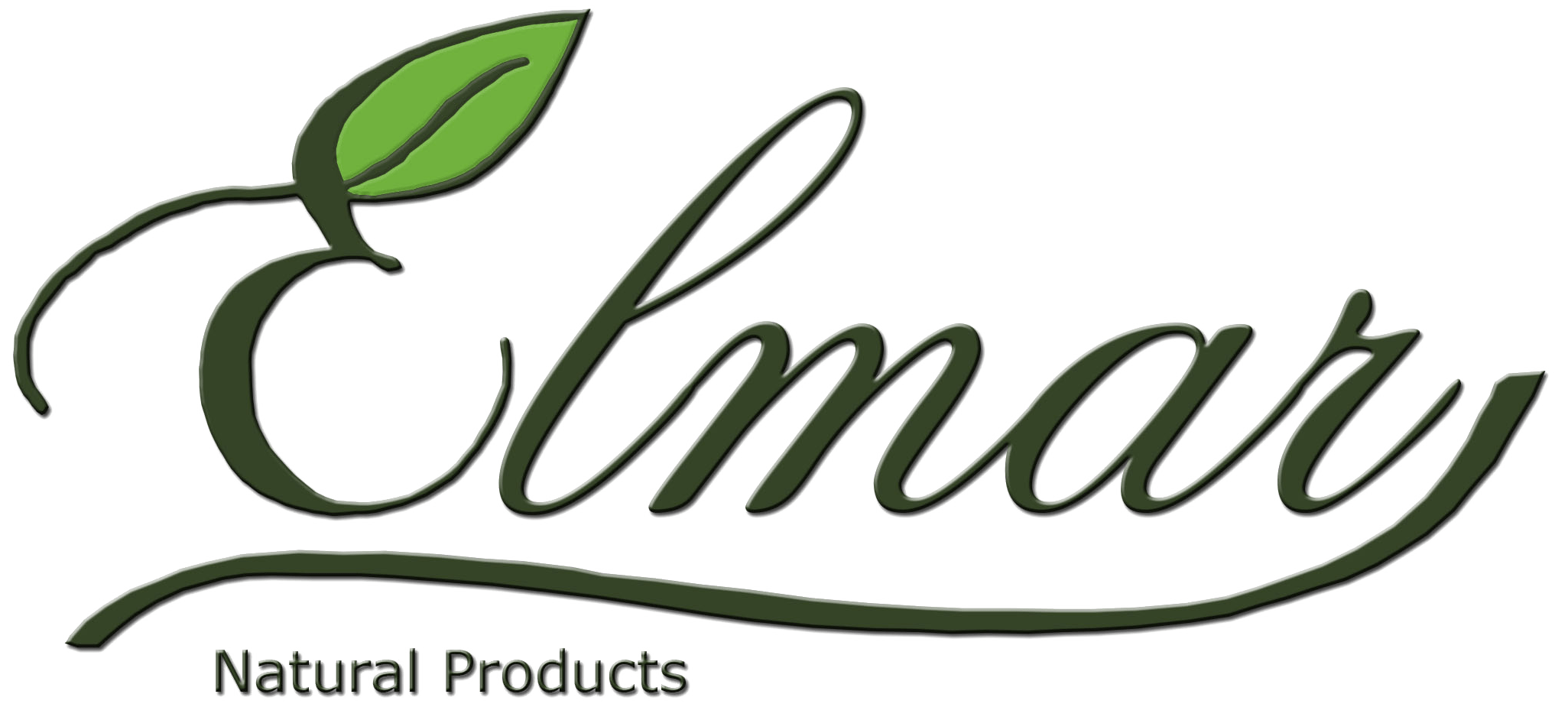EU is a large export market of Vietnam. However, with strict regulations on the environment and food safety issued recently, Vietnamese enterprises are required to adjust production and build up a new approach…
Vietnam’s trade office in Sweden and the Nordic market said that: According to the list of food safety controls in the first 6 months of 2023 announced by the EU Chemicals Agency, the specially designated dangerous substances are ones causing cancers, endocrine disorders, and affecting reproduction. They can be found in everything from paint, paper, textiles, leather, fur, plastics, or ink.

Okra exports to the EU require Pesticide Control Certificate.
TIGHTER HYGIENE AND SAFETY REGULATIONS
The goal of the EU’s list of particularly hazardous substances is to gradually eliminate them. This places an immediate requirement on enterprises that manufacture, import, or sell goods containing that substance. Enterprises producing Vietnam’s export products to Europe in general and Northern Europe in particular need to check whether their products contain these substances to make appropriate adjustments.
In addition, the EU has just officially issued Regulation 2023/174 amending Regulation 2019/1793 on the provisional application of formal and emergency controls on certain goods imported into the EU.
Specifically, the regulation amends some Vietnamese items as follows: instant noodles containing spices, seasonings, or sauces, dragon fruit will have a pesticide inspection frequency of 20%; okra and peppers of capsicum varieties still maintain a test frequency of 50%. This is not a new point.
According to Mrs. Nguyen Thi Hoang Thuy, Vietnam Trade Counselor in Sweden: New points in this regulation are that okra produced in Vietnam is required to have a certificate of pesticide control issued by Vietnam. However, according to the new regulations, four Vietnamese products including parsley, coriander, basil, and mint are no longer controlled at 50% when exported to the EU market as before.
It is worth noting that every six months, the European Parliament and the European Council (EC) have a meeting to review and assess the level of food and animal feed safety violations of countries exporting to the EU. After that, the EU will announce changes in the regulation of control measures. There are products that are subject to enhanced control and ones that are removed from control.
Therefore, enterprises exporting to the EU need to be aware of the control level to comply. Because a few violating enterprises will affect the entire industry and other enterprises.
In addition, the EU has issued Regulation (EU) 2022/741 controlling the maximum level of pesticide residues and assessing consumer exposure to pesticide residues on and in foods of animal origin.
Accordingly, Members will take and analyze samples for pesticide combinations outlined in the regulation. Products originating from plants and animals will be randomly sampled for testing including oranges, apples, bananas, kiwi, grapefruit, onions, carrots, broccoli, cabbage, beans, peppers, rice without husks, poultry fat, cow’s milk, chicken eggs, etc.
These products, in addition to checking at the border gate, will be subject to post-check, randomly picked up at supermarkets for inspection. If there are signs of violation, the relevant authorities will go to the import warehouse to continue the inspection.
“Infringing products recalled and publicized widely in the media will greatly affect the image of Vietnam’s goods while building an image in these markets is very difficult,” Mrs. Thuy stressed.
Not only that, another important issue that Nordic countries are currently most concerned about is climate change and environmental protection. The trend of using green, recycled, environmentally friendly, sustainable, and reusable products will continue to be popular in Northern Europe.
The European Green Deal, which aims to make the EU climate-neutral by 2050, is a regulation that businesses need to notice. If businesses do not prepare, it will be difficult to enter the EU market in the near future./.
